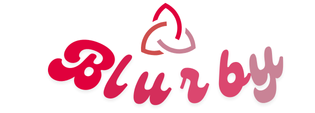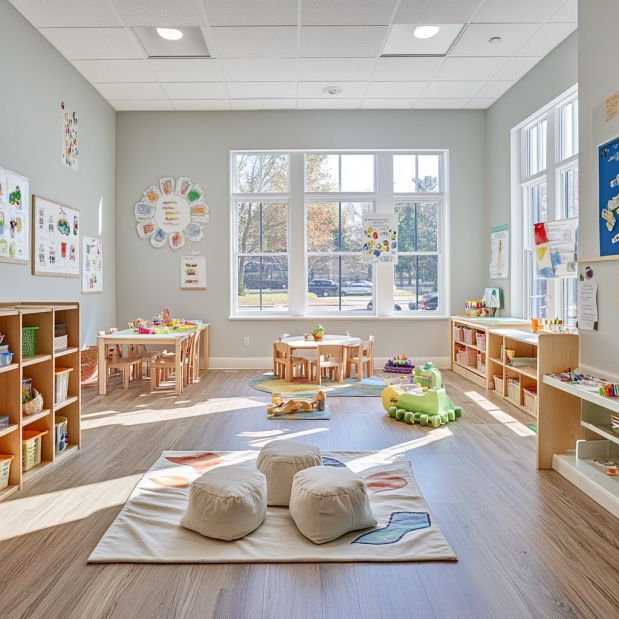Auckland kindergarten are vibrant hubs of discovery, designed to nurture young minds through a rich tapestry of activities. Far from being just places for play, these environments are carefully crafted to align with New Zealand’s national early childhood curriculum, Te Whāriki, fostering holistic development and a lifelong love of learning. Here’s a look at the key activities you can expect and how they contribute to your child’s growth.
1. The Power of Play-Based Learning
At the core of Auckland kindergarten philosophy is the belief that children learn best through play. This isn’t unstructured free time; rather, it’s a pedagogical approach where play is the valued mode of learning. Teachers observe children’s interests and extend their learning through thoughtful provocations and interactions.
- Dramatic Play/Role-Playing: Children engage in imaginative scenarios, such as playing “house,” “doctors,” or “superheroes.” This fosters social skills, language development, problem-solving, and emotional expression as they negotiate roles, create narratives, and mimic real-world situations.
- Construction and Building: Activities with blocks, LEGO, or natural materials encourage spatial reasoning, mathematical concepts (size, shape, balance), creativity, and collaboration. Children learn about cause and effect and develop fine motor skills.
- Sensory Play: Sandpits, water tables, playdough, and natural materials like leaves and stones engage multiple senses. This supports cognitive development, fine motor skills, scientific exploration (e.g., floating/sinking), and provides calming, self-regulating experiences.
2. Embracing the Outdoors: Learning in Nature
Auckland kindergartens often boast expansive outdoor spaces, recognising the crucial role nature plays in early learning. Outdoor activities promote physical development, environmental awareness, and imaginative play.
- Garden Exploration and Care: Children participate in planting, watering, and harvesting. This teaches them about life cycles, responsibility, basic science concepts, and fosters a connection to the natural world. Many kindergartens are part of the Enviroschools programme, embedding sustainability.
- Physical Play: Climbing structures, swings, slides, and open spaces for running and ball games develop gross motor skills, coordination, balance, and physical confidence. It also encourages risk assessment and resilience.
- Nature Walks and Exploration: Excursions within the kindergarten grounds or to local parks and beaches allow children to observe flora and fauna, collect natural treasures, and engage in inquiry-based learning about their environment. Some kindergartens even offer dedicated “Nature Kindy” programmes, spending extended periods outdoors.
3. Fostering Early Literacy and Numeracy
While not taught through formal lessons, literacy and numeracy are woven into the daily fabric of kindergarten life through play and intentional teaching moments.
- Story Time and Rhymes: Daily story sessions expose children to rich language, narrative structures, and print concepts. Rhymes and songs enhance phonological awareness, memory, and rhythm.
- Mark-Making and Writing: Accessible art supplies, chalkboards, and whiteboards encourage children to experiment with drawing, scribbling, and early writing. Teachers model writing and provide opportunities for children to see print in their environment (labels, signs).
- Counting and Measurement: Mathematical concepts are explored through practical activities: counting children at mat time, sorting objects by size or colour, measuring ingredients during cooking, or comparing lengths of sticks found outdoors.
- Puzzles and Games: Board games, card games, and puzzles naturally integrate problem-solving, number recognition, pattern identification, and strategic thinking.
4. Celebrating Culture and Community
Auckland’s diverse population is reflected in its kindergartens, which actively celebrate different cultures and foster a strong sense of belonging.
- Bicultural Practices: Te Reo Māori and tikanga Māori (Māori customs and practices) are integrated through waiata (songs), karakia (prayers/incantations), kōrero (conversations), and the use of Māori resources. This affirms New Zealand’s dual heritage.
- Cultural Celebrations: Kindergartens celebrate a variety of cultural festivals and events from the children’s backgrounds, such as Matariki, Diwali, Chinese New Year, and Pasifika language weeks. This promotes understanding, respect, and a sense of identity.
- Community Connections: Visits from community members (e.g., firefighters, librarians) or excursions to local places (e.g., libraries, schools, marae) help children understand their place in the wider community and connect their learning to the real world.
Through these varied and thoughtfully planned activities, Auckland kindergartens provide a holistic and engaging foundation for children’s early learning, preparing them not just for school, but for life.



